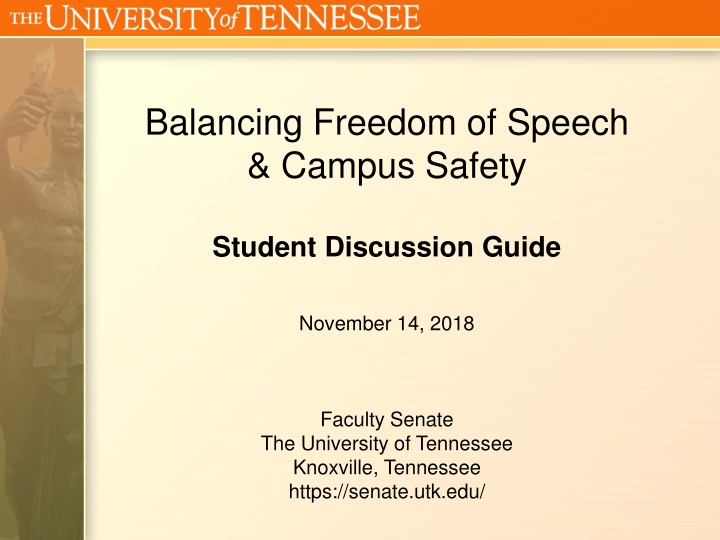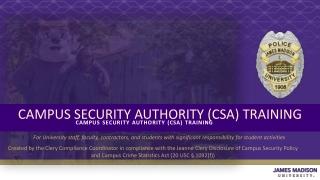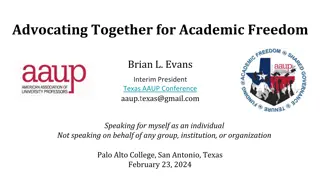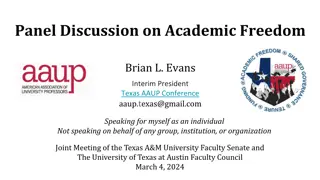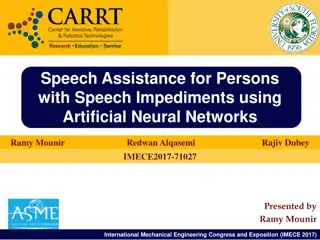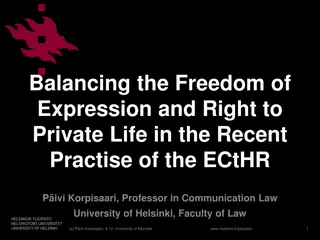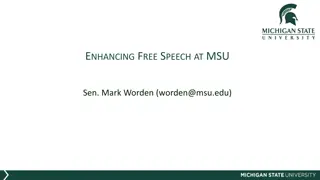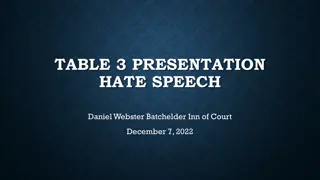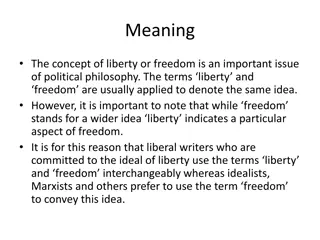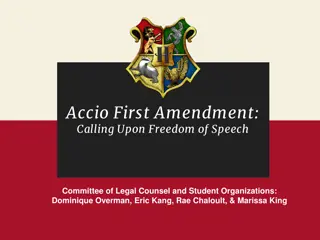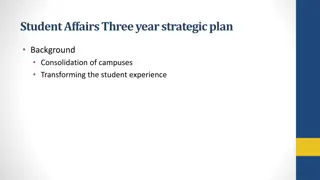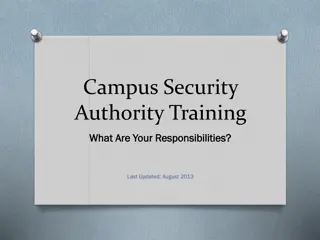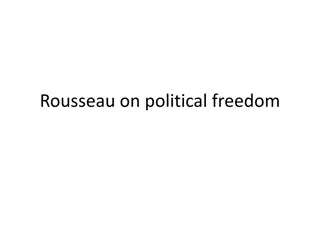Balancing Freedom of Speech & Campus Safety Student Discussion Guide
This student discussion guide delves into the delicate balance between freedom of speech and campus safety. It provides insights on conducting meaningful conversations on challenging topics, emphasizing staying engaged, embracing discomfort, speaking truthfully, and accepting open-ended discussions. The guide also addresses the importance of upholding the First Amendment of the U.S. Constitution and fostering a safe and inclusive campus environment.
Download Presentation

Please find below an Image/Link to download the presentation.
The content on the website is provided AS IS for your information and personal use only. It may not be sold, licensed, or shared on other websites without obtaining consent from the author.If you encounter any issues during the download, it is possible that the publisher has removed the file from their server.
You are allowed to download the files provided on this website for personal or commercial use, subject to the condition that they are used lawfully. All files are the property of their respective owners.
The content on the website is provided AS IS for your information and personal use only. It may not be sold, licensed, or shared on other websites without obtaining consent from the author.
E N D
Presentation Transcript
Balancing Freedom of Speech & Campus Safety Student Discussion Guide November 14, 2018 Faculty Senate The University of Tennessee Knoxville, Tennessee https://senate.utk.edu/
Four Agreements of Courageous Conversations Here are four recommendations for conducting meaningful and beneficial conversations on difficult social topics. 1. Stay Engaged You are explicitly invited into a dialogue on free speech and campus safety. 2. Expect to Experience Discomfort A hallmark of examining social controversies is feeling uncomfortable with what we discover about others and our own perspective. 3. Speak Your Truth We have an obligation to be honest about out thoughts feeling and opinions, even if, perhaps especially if, they are ultimately misconceptions. We also have an obligation to listen respectfully to the thoughts, feelings, and opinions of others. 4. Expect and Accept a Lack of Closure Conversations about social topics rarely provide definitive answers. Adapted from Beginning Courageous Conversations about Race by Glenn E. Singleton and Cyndie Hays, in Every Day Anti-Racism, edited by Mica Pollock, The New Press, New York, 2008, p. 18.
Balancing Freedom of Speech & Campus Safety Free Speech First Amendment of the U.S. Constitution: Congress shall make no law respecting an establishment of religion, or prohibiting the free exercise thereof; or abridging the freedom of speech, or of the press; or the right of the people peaceably to assemble, and to petition the Government for a redress of grievances. Campus Safety The UTK/UTIA community (administration, faculty, staff, police and students) each have a role in creating a campus environment, where every student is safe and can share in an environment conducive to learning. The messages present in this vandalism advocate murder and sexual assault, promote a disease that as of 2017 affects 37 million people globally, reproduce imagery used historically for the purpose of genocide and run counter to every principle of the UT community. What is the right thing to do?
